Skyrocketing COVID-19 infections, rising death rates, and incalculable financial losses have spiked stress levels and created ripples of uncertainty around the globe. According to the United Nations, it is the greatest challenge the world has faced since World War II. As employers keep a sharp eye on corporate profits and losses during the COVID-19 pandemic, researchers say leaders would also do well to monitor their employees’ stress and engagement levels closely.
For employers who must balance business concerns with worker health and well-being, leading employees during this time can be daunting. At Mindfulness Strategies, we believe in the power of collective mindfulness to boost team morale and build resiliency. In this blog post, we'll outline steps leaders can take to mitigate worker stress in their organizations. We’ll also take a deep dive into the fundamentals of employee engagement (during the pandemic and otherwise) and how mindfulness can affect positive change on both the personal and corporate level.
Fear Sparks Worker Anxiety
While you probably don’t need scientific studies to tell you the pandemic has been disruptive to employees’ lives, you may not be aware of the extent the toll has taken on mental health. According to a survey by the American Psychiatric Association released in October 2020, 62 percent of Americans say they are more anxious than last year. Also troubling: the World Health Organization says the pandemic has “disrupted or halted critical mental health services in 93 percent of countries worldwide.”
Studies have found that a fear of death triggers feelings of anxiety, elevates self-protective and withdrawal behaviors, and lessens job engagement levels. As Ohio State University researchers explain, “a global pandemic can lead some people to think about their own mortality, which will understandably make them more stressed and less engaged at work.” Specifically, researchers found that when employees face uncertainty about COVID-19, they often withdraw from work emotionally and cognitively as a means of self-protection. In addition, intense anxiety often leads to impaired information processing—in simple terms, staff members have difficulty focusing on their work.
Effective Ways Leaders Can Lower Team Members’ Stress Levels
Short of curing the virus, how can employers respond?
The Ohio State researchers urged leaders to pay special attention to employees’ emotional needs and unite them in a common purpose in what they termed a “servant leadership” model. Leaders who embrace servant leadership:
Acknowledge uncertainty rather than avoid it
Provide empathy
Affirm each individual's value to the group
When employees believe their supervisors care about their well-being and think they're seen as valuable, researchers said they are more willing to invest themselves wholeheartedly.
The Ohio State researchers aren’t the only ones promoting the idea of servant leadership. Researchers at Exeter University found that managers who contributed to a culture of trust and fairness in the workplace helped create positive group dynamics and feelings of loyalty. They also found that companies who specifically trained and recruited managers to be empathetic and trustworthy and demonstrate integrity enjoyed higher corporate productivity.
Mindful Leaders Support Employees
Mindfulness is a tool leaders can use as they seek to create an environment where employees thrive. Embracing mindfulness as an organization increases employee engagement, fosters innovation, and creates a company culture that attracts and retains the best talent. Specifically, mindfulness training can help leaders, executives, and their employees:
Deal with stress productively
Increase emotional intelligence
Strengthen working relationships
Lengthen attention span
Expand employee engagement
Engaged Employees Drive Company Success
What does it mean for employees to be engaged, then, and how does it affect their work?
Engaged workers care about their work beyond merely receiving a paycheck. Managers who support their workers are setting them up to be engaged high performers who, in turn, make the company successful. As people’s needs are met, their enthusiasm for their work goes up as well.
A troubling statistic: According to Gallup, 85 percent of employees globally say they’re not engaged at work. But organizations whose workers are in the highest quartile of engagement are 21 percent more profitable than employees who report the lowest engagement levels.
Define Your Company’s Core Mission, and Remind Employees Why They Matter
In addition to servant leadership, leaders can make sure employees fully understand why their organization exists and how it serves society. Next, managers can often remind workers why their individual job matters with regards to that motivating mission.
As they embrace the company’s vision, satisfied employees become ambassadors for their brands. According to Gallup Workplace, “engaged employees are 23 times more likely than disengaged employees to strongly agree that they would recommend their organization as a great place to work.”
Want to Learn More About Mindfulness Consulting?
People are increasingly turning to mindfulness practices such as meditation and exercise to combat anxiety and remain present.
Mindfulness isn’t just for individuals, however. Organizations are using mindfulness techniques to improve interpersonal relationships and enhance company performance.
Mindfulness Strategies offers coaching, training, speaking engagements, retreats, and other mindfulness development programs to help businesses and nonprofits reach their goals. To learn more about how we can help your team, contact us today.




